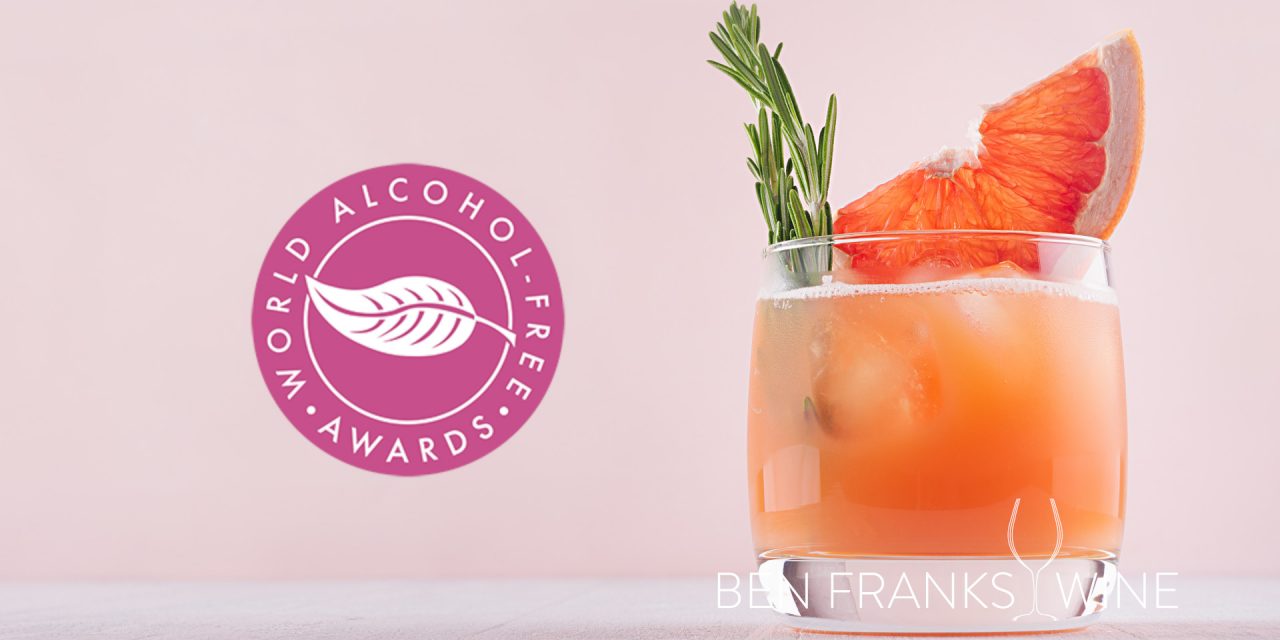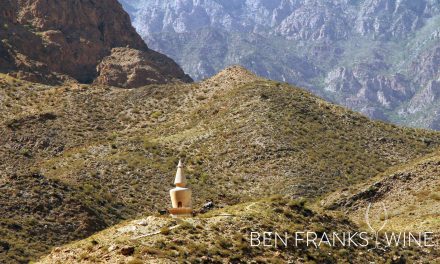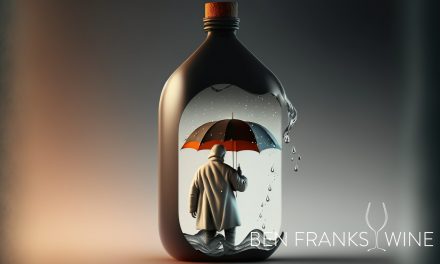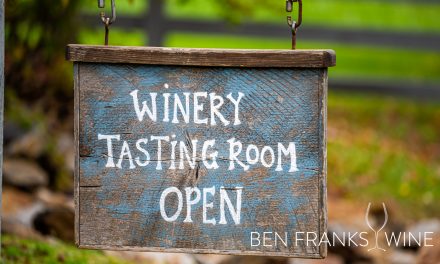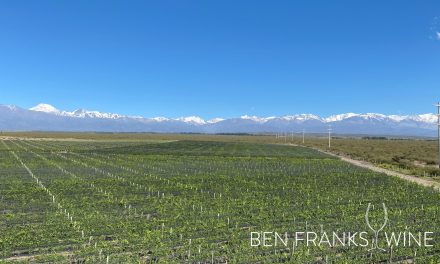As the deadline for this year’s zero abv World Alcohol Free Awards 2024 approaches in February, Peter Gray interviewed its founder Chrissie Parkinson about why the future of no/low alcohol alternatives looks promising and how her awards can help.
Chrissie Parkinson made her name in hospitality, known for her time as Group Head of Wine for Hakkasan, during which time she researched and launched the ‘Orchard List’, one of the first major low and non-alcoholic drinks lists in a restaurant group.
Today Parkinson heads up the World Alcohol Free Awards, drawing on her hospitality experience and as a judge in many competitions including as a head judge for the Sommelier Wine Awards.
One of the highlights for Parkinson has been launching and running the awards in its debut laster year. “Seeing all the people come from across the world to have their drinks judged was really exciting,” she said. “It was enjoyable to see the awards make a positive experience on the judges too. It fostered a pleasant community for everyone to be a part of.”
The awards are now gearing up for their second year, with a deadline for online submissions on the 9 February next month.
Why the move to low/no after 20 years in hospitality?
“I started to drink less as I got older, but I also noticed during my time at Hakkasan that people didn’t necessarily want to spend less, but consume less. As long as the quality was there, they would be willing to spend money on it. The same quality is now demanded of non-alcoholic beverages and I wanted to encourage and support that.”
Parkinson set up the World Alcohol Free Awards with her co-founder Chris Losh, a drinks writer and editor who has written for various titles over his 25 year career.
“Chris and I set up the awards because we thought that the judging of non-alcoholic drinks could be a lot better. I like the fact that our awards uplift smaller producers, helping them to thrive on success or benefit from constructive criticism, as well as showing how good these drinks can be to a team of industry judges.”
The awards garnered over 400 entries in 2023, an impressive figure – especially given the pair did not have the budget to spend on PR agencies and other marketing.
“It was largely built through word of mouth,” Parkinson said. “Our audience at the Brimful Drinks podcast and contacts within the industry helped attract submissions. It was unexpected to get 400 entries and it has made this year even more exciting.”
The growing demand for alcohol alternatives
Over the years, the no/low landscape has changed drastically since dealcoholized brands such as Carl Jung launched in the early 20th century. Wine is perhaps the slowest moving to create a quality option, with Parkinson saying it currently “gets the job done” but that there’s “lots of room to be excited about” future developments.
Lower end brands, Parkinson shares, use the same formula for non-alc wines as they are all essentially the same white label product. “As time goes on,” she says, “this will be less of the case and more differentiation will come.”
Parkinson singles out wine brands like Torres who include their brand on the label and help to add authenticity to the category.
The future of no/low alcohol drinks
Parkinson is optimistic about the future. “1 out of two of three people, when they go to the pub, they order a non-alcoholic drink,” she says. “The standard order of a coke or water will start to be replaced by a good alcohol free offering.”
At the moment, Parkinson says parents and pregnant consumers make up a significant demographic of non-alcoholic drinks customers, with religion also playing an important part. However, she says that religion can be a difficult segment as many consumers may not have drunk any alcohol in their life, so it can be a challenge to ge them excited about non-alcoholic alternatives.
“There’s also a challenge that 0.5% alcohol drinks are not halal,” Parkinson notes, a challenge which she is addressing with the World Alcohol Free Awards’ halal category.
Parkingson hopes to “wave the flag” for non-alcoholic drinks in the years to come, beyond those that seek to just emulate alcohol and to include drinks like kombucha, shrubs, teas and so on. These drinks all offer opportunities to expand the space, and Parkinson says “there are so many drinks that will fascinate you in the non-alcohol space.”
We look forward to discovering them!
You can find out more about the World Alcohol Free Awards online here. Let us know what your favourite non-alcoholic drinks are in the comments below!

